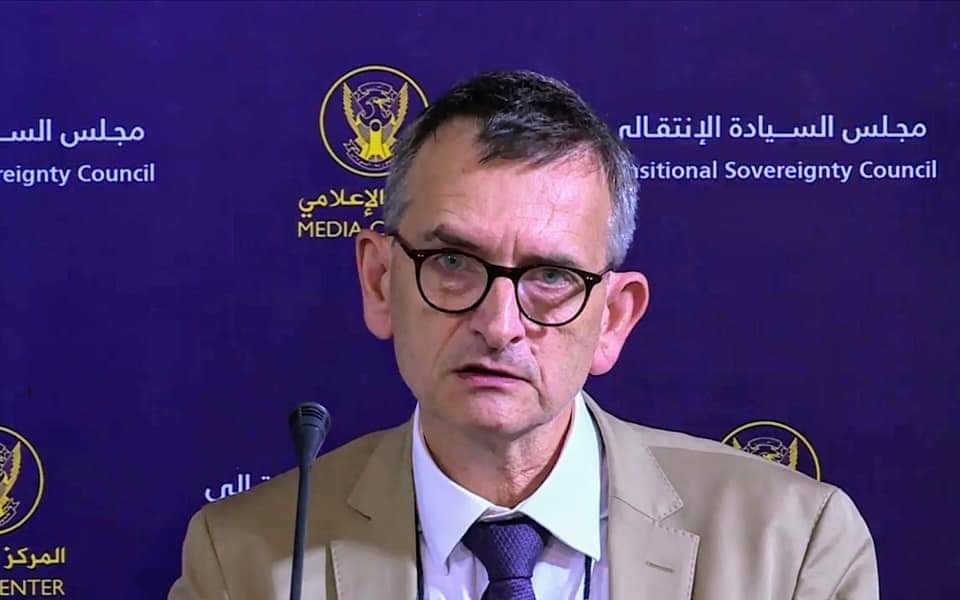Madam President, Members of the Security Council,
I am grateful for the opportunity to brief you again on the situation in Sudan.
New York ,March 28(Darfur24) Unfortunately, since my last briefing to this Council in January, the situation in Sudan has not improved. The country has been without a functioning government since the coup of 25 October, protests against the coup and the violent repression of such protests are continuing. And as a result, in the absence of a political agreement to return to an accepted transitional path, the economic situation, the humanitarian situation, and the security situation are deteriorating.
Time is not on Sudan’s side, and I speak to you today with a sense of urgency which is also increasingly felt by Sudanese stakeholders concerned about the stability and the very existence of their country.
Let me begin with the economic developments. On 7 March this year, the Central Bank announced the floating of the currency. In the following three weeks, the value of the e Sudanese Pound has fallen by over 35 per cent against the US Dollar. At the same time, there have been dramatic price increases for, among other things, bread, fuel, electricity, medicine, health care and public transport.
Sudan also risks losing out on billions of external support, as disbursements from the World Bank, the IMF and other major donors have been paused, and will continue to be paused as long as no functional government is in place. No foreign investment is coming in basically, and exports have dwindled. Moreover, Sudan is at risk of missing critical World Bank and IMF deadlines for international economic and financial support, and the realization of some 50 billion US dollars in debt relief which Sudan was well on its path to receive after reaching HIPC decision point last June.
Notably, protests in Khartoum and other places, while they are still basically political, that is “anti-coup” as it were, are gradually attaining an additional, socio-economic character with more and louder slogans denouncing rising bread prices and deteriorating living conditions.
International humanitarian assistance has continued and was never paused. And the number of Sudanese in need is growing. The combined effects of conflict, economic crisis, and poor harvests will likely double the number of people facing acute hunger to about 18 million people by the end of this year.
In the absence of a political solution to the crisis, the security situation has also worsened across the country. Crime and lawlessness are on the rise, and intercommunal conflict in Darfur has intensified. More concretely: farmers have been dispossessed of their land through violent attacks, assets been looted, villages have been burnt. Women from all parts of the country report deepening concerns for their own safety, even in broad daylight. In the latest violence this month, at least 48 people were killed, and more than 12,000 were displaced in what is being described as intercommunal conflict in Jebel Moon, in West Darfur. According to local reports, the conflict there is also about the control over gold resources.
I have repeatedly urged the authorities to take the necessary measures to help prevent further conflict. We, the mission, are supporting the implementation of security arrangements in Darfur through the Darfur Permanent Ceasefire Committee, which UNITAMS chairs. The PCC is indeed contributing to stability: It has been able to address some incidents between the signatories to the Juba Peace Agreement, and it has also been able recently to inspect assembly areas of Armed Groups moving out of the cities following a decree by General Burhan earlier this year. The PCC is confronted by exaggerated expectations though, both from the Armed Groups in terms of support we can give, and from civilians. Clearly, the role and mandate of the PCC are limited, and remain distinct from the protection of civilians. We have therefore welcomed recent steps by the Government and s

